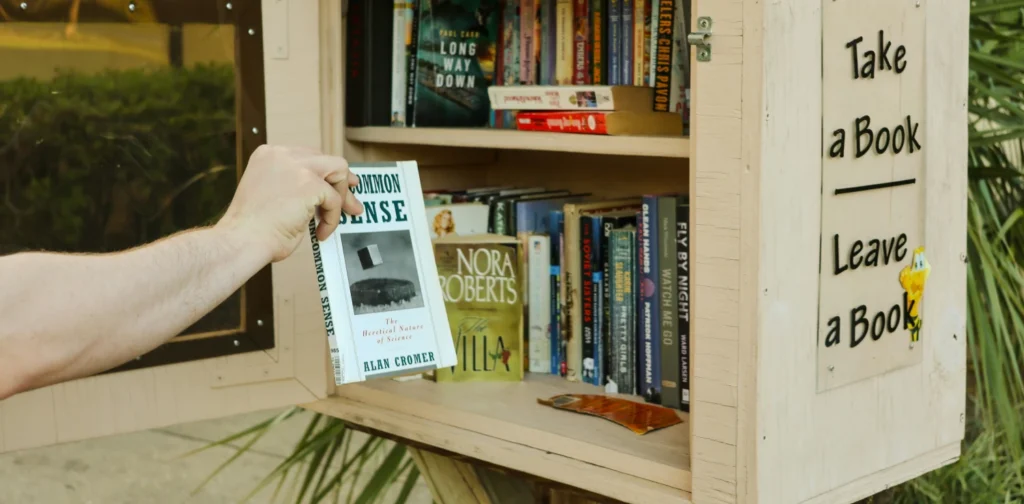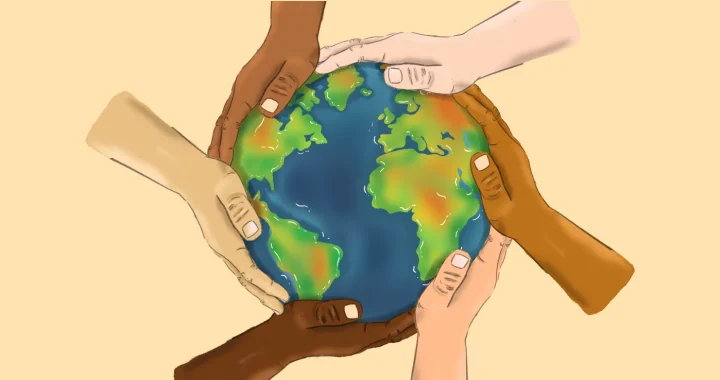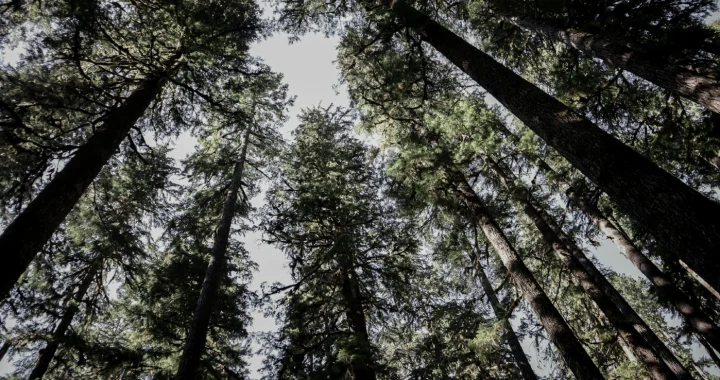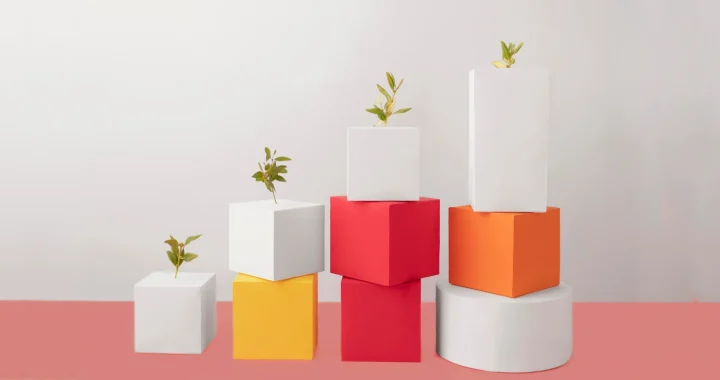Practicing Gift Economy: How We Can Foster Community Bond Through Sharing

Photo: Kayl Photo on Unsplash.
Historically, humans have been sharing resources with each other since ancient times. The act of sharing is essential to keep each other alive. However, as time went by, our primary exchange system shifted. Now, the prevalent market economy encourages accumulation of private properties over reciprocity like in the gift economy concept. How can we, as part of a community, keep the custom of sharing alive?
What Is the Gift Economy?
Gift economy, also known as the sharing economy, is a system of exchange in which goods and services circulate within communities without explicit expectations of direct compensation. In this concept, relationship with others is the most important component as it can only be successful through ongoing cycles of reciprocity. Likewise, this should nurture social connections and community bonds, essential for one’s health and wellbeing.
Besides the act of sharing, the gift economy is also about governing the commons. Elinor Ostrom, a political scientist and economist, argued that the collective management of natural resources is more sustainable and beneficial for all.
For instance, the sharing economy can reduce the total of resources required, pollutants, emissions, and carbon footprints. The tangible example of this is vehicle sharing behavior. In Shanghai, bike sharing saved 8,358 tonnes of petrol use in 2016.
An example also hailed from the Danish island of Samsø. Back then, blacksmiths and local businesses on the island took part in the construction of a district heating plant. As a result, they knew the ins and outs of the entire energy system and could offer repairing services when needed.
Another well-known practice of gift economy is the potlatch. Potlatch was a cultural institution for Indigenous Nations along the Pacific Northwest coast to redistribute their goods and perform ceremonies. It was a highly structured system with protocols to ensure sustainability. This example highlights the expectation to follow predetermined rules for the gift economy to work.
The Practice of Community Sharing
Today, the practice of gift economy mostly happens in small scales or within pockets of the current economic system. While reviving the gift economy entirely may not happen, there are things we can do to foster community building. After all, an involved, inclusive community is powerful, especially in times of crises.
We can start small. Sharing meals and stories are simple ways to take care of each other while keeping cultures alive. We can also exchange clothes with our friends and families as a way to get “new” clothes without spending more resources.
The practice of community sharing can also touch community members we don’t personally know. For example, the book exchange movement of “mini libraries” allows anyone to donate and take books from library boxes installed in public areas. It promotes knowledge sharing and literacy in the community.
Furthermore, community plays an important role in sustainable development. From community pantries and food banks to education amid climate hazards and crossborder food deliveries, communities continue to step up in times of needs. Community sharing and collective management also have a place in energy transition and biodiversity conservation efforts. Moreover, this care can extend to intangible matters like mental health and the wellbeing of older people.
Fostering Understanding, Compassion, and Progress
In an era where prices rise exponentially, working overtime for extra income seems to be more reasonable than having lengthy conversations over dinner with the neighbors. The shareholder capitalist system chases profit for the few over everything, from people to the planet. It actively erodes the time we spend with nature and our communities, leading to planetary and personal burnout.
Furthermore, it influences how we perceive wealth and consumption. Instead of giving away what we have in abundance, it leads to conspicuous consumption that views spending money as a public display of economic power.
In our current reality, inequalities exist in every nook and cranny. Hopefully, the act of community sharing can bridge the gaps and create progress that benefits people and the planet. By sharing, we help extend the lifespan of our resources by circulating what we have among each other and with those in need. At the end of the day, the community bonds we share will go a long way in building a better world now and in the future.

Co-create positive impact for people and the planet.
Amidst today’s increasingly complex global challenges, equipping yourself, team, and communities with interdisciplinary and cross-sectoral insights on sustainability-related issues and sustainable development is no longer optional — it is a strategic necessity to stay ahead and stay relevant.


 How Human Behaviour Becomes the Real Engine of Sustainability Action
How Human Behaviour Becomes the Real Engine of Sustainability Action  Germany to Improve Protection Measures for Critical Infrastructures
Germany to Improve Protection Measures for Critical Infrastructures  Data Center Boom: Looking at India and Beyond
Data Center Boom: Looking at India and Beyond  Assessing Indonesia’s Step into Global Carbon Markets
Assessing Indonesia’s Step into Global Carbon Markets  Prioritizing Finance for Nature for Healthy and Resilient Ecosystems
Prioritizing Finance for Nature for Healthy and Resilient Ecosystems  Integrating Indigenous Practices into Australia’s Defense Against Heatwaves
Integrating Indigenous Practices into Australia’s Defense Against Heatwaves